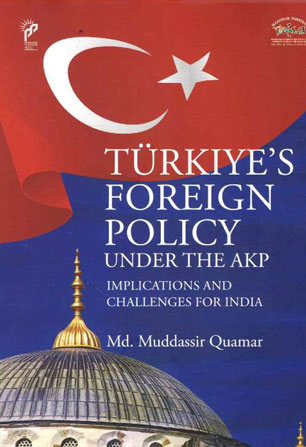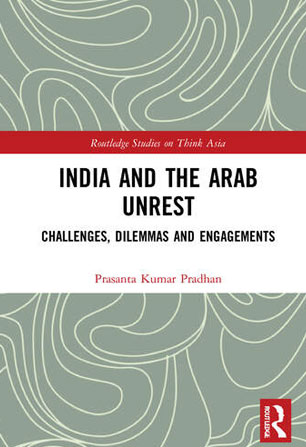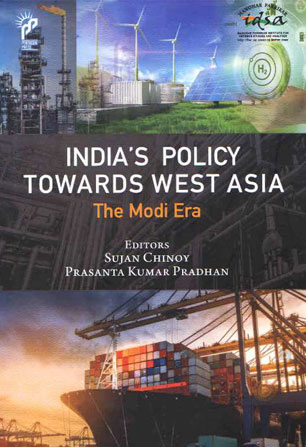Libya’s frustrating quest for itself
When can we expect to see Libya having a single government and starting the daunting journey towards democracy?
- K. P. Fabian
- May 02, 2016



The West Asia Centre seeks to cover issues, themes and countries of the region which are undergoing rapid political transformation impacting the political and security situation of the region and beyond. Popular protests demanding political and economic reforms and the subsequent fall of some long ruling authoritarian rulers and the rise of Islamists to power have significantly changed the region’s political landscape. GCC-Iran rivalry, Shia-Sunni sectarian conflict, external intervention in the region, and the rise of religious radicalism have further aggravated the situation. The Centre is closely following the unfolding internal political developments in individual countries as well as the regional political scenario.
The historical shifts in the region and domestic political developments will have a significant impact on India’s external environment. With huge stakes in the region such as energy, trade and safety of Indian citizens in the region, it has become important for India to carefully watch developments taking place in its ‘extended neighbourhood.’ These and other related issues are being focused upon by the scholars at the Centre. The Centre continues to hold regular bilateral dialogues with some leading think tanks in West Asia thus facilitating exchange of ideas and perspectives.
Current projects being pursued in the Centre are:
No posts of Books and Monograph.
No posts of Jounral.
When can we expect to see Libya having a single government and starting the daunting journey towards democracy?
Settler entrenchment has reached a point where no peaceful assimilation of the entire West Bank into a compact territory of a future Palestine state and a harmonious division of Jerusalem city linked to this entity may be possible.
Despite political differences over regional issues, India and Saudi Arabia are intensifying cooperation on issues of mutual interest such as terrorism, piracy, security cooperation, and intelligence sharing.
The only effective way to stop the flow of refugees is for Turkey to confiscate all boats or use brute force to prevent Syrians from going to the coast.
The Munich deal, abortive though it is, proves that Russia, by engaging militarily in a substantive manner, has placed itself at a decidedly advantageous place at the negotiating table as compared to the United States.
Syria’s plight is likely to get worse before it gets better. More Syrians will be killed and the powers that be do not care.
It will be wrong to conclude that Egypt will remain unfree for too long. Did Napoleon’s accession to power put an end to the French Revolution?
It is too early for India to get involved in any regional security arrangement as it would have to answer two basic questions; security for whom? And against whom? Most regimes feel threatened internally and any involvement would entail India taking sides between rival factions.
The lifting of sanctions against Iran relating to its nuclear activities marks an important turning point for Iran, the region, the United States, and the rest of the world.
Unless addressed, the escalation of tension between Iran and Saudi Arabia can have serious adverse consequences for regional stability and peace and also for ongoing efforts to bring to an end the war in Yemen and the wars in Syria.



